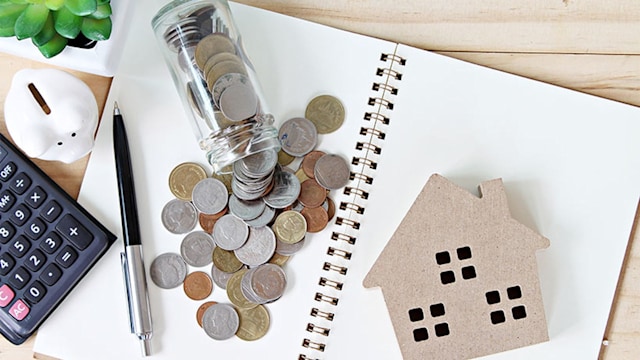Nearly every household in England is set to face council tax rises from April 2018, along with higher charges for waste disposal and parking, according to a new survey. Council tax could rise in 95 per cent of authorities, while 93 per cent will increase service fees, the 2018 State of Local Government survey found.
The planned price increase comes after the majority of councils admitted they are struggling to make ends meet. Council tax can rise by three per cent in 2018, in line with inflation, although the largest authorities are to be allowed to hike prices by up to 5.99 per cent without having to hold a referendum. But what are the price increases for? And how much will it cost you? We've got the lowdown on the proposed council tax changes.
Why is council tax being increased?
Council tax prices may increase due to financial strain within local authorities across England. Jonathan Carr-West, chief executive of LGiU, the think tank that conducted the survey, said: "Councils are on the edge. They are for the most part holding services together (though a significant minority are not). But they can only do this this by raising council tax, increasing charging and draining their reserves."
MORE: The easy way you could save £300 a year in your home
He added: "The system is unsustainable and needs far more fundamental reform than is presently on offer. It's simply not acceptable that we don’t know how local government will work post 2020. Councils are calling for assurances around funding for the next three years and for a fundamental redesign of the finance system. At present government is offering neither. That has to change."
How much will council tax increase by?
The price increase will depend on where you live, and how big your house is. However, on average you could be looking at as much as £76 per year increase for Band A properties, rising to around £200 a year rise for homes within Band H. Properties within the middle bands, D and E, could expect to pay an extra £100-£130 a year on average.
